As parents, we're all English teachers. Our kids learn the sound and rhythm of language from day one, and we enhance it - mostly unknowingly - every day since. I consider part of my motherly job description to be helping kids clean up their language. I'm not talking about swearing or potty talk, here. I'm talking about Like and the like.
School is a breeding ground for sloppy language and "likes." Besides learning life skills such as how to perform impressive armpit farts and burp the alphabet backwards, my son came home at first with a deluge of "likes" in his speech. If you're concerned about how much "like" is creeping into your speech or your family's, here's a guide to banishing it.
The main trouble with "like" is that it's overdone and unspecific. When trying to banish "like" seek out specific words you could use as substitutes. Like is lazy language. What word can you use that will convey a more specific meaning? Make it a game. What word is "like" trying to stand in for? How many times are you saying "like" in a conversation?
Substitute the right word
Like = "thinking" "I was, like, should I go?"
Like = "about" or "approximately" "The cliff was, like, 20 ft. high."
Like = "said" (or "answered" "yelled" etc.) "She was, like, 'Where did everyone go?'"
Like = "for example" "He was scared of spiders, like a really tiny one would still scare him."
Like = "uh - um - er" No need to substitute here. "Like" is just a common filler. Go ahead and say what you mean. Ex: He was, like, so glad to be, like, home.
Like = "similar" "This tastes like grape juice." This is a fine use of "like," but if you're trying to kick the "like" habit, try using an alternate word for now.
Like = "like" "I like you." Say this as much as possible!
How much does "like" creep into your daily speech? Have you ever tried to banish a speech habit? What worked?

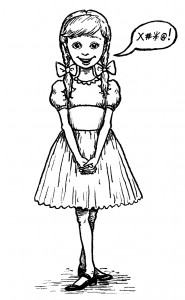
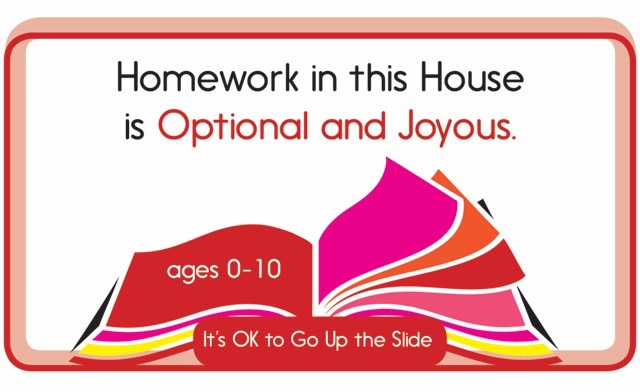
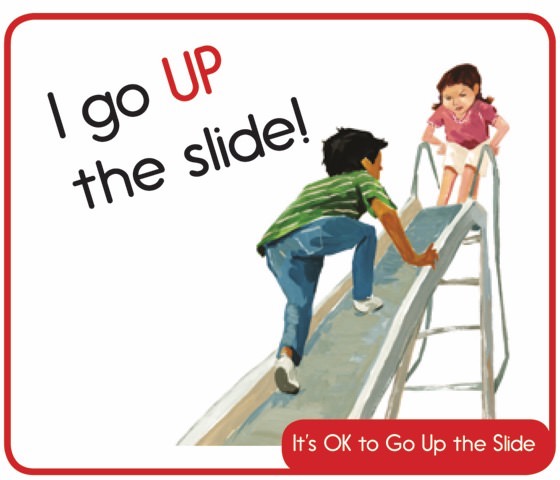
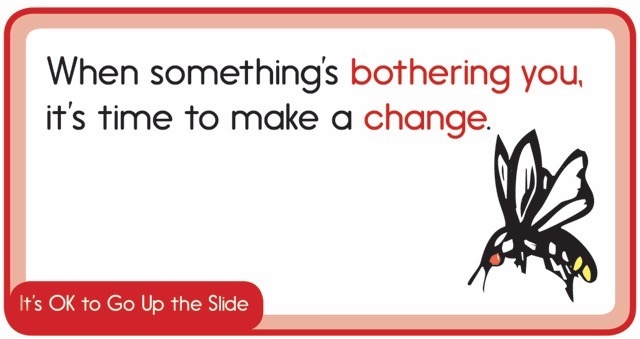
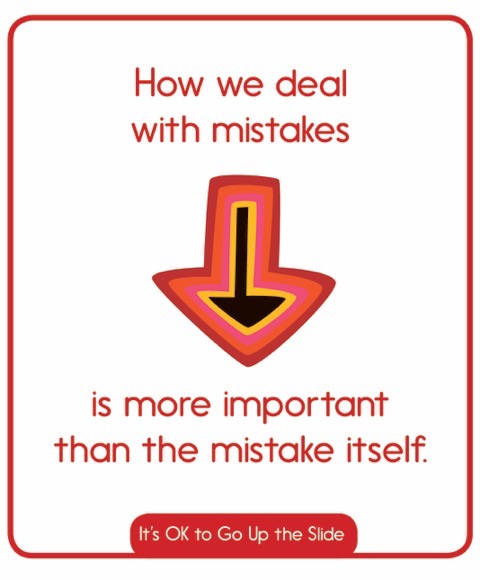
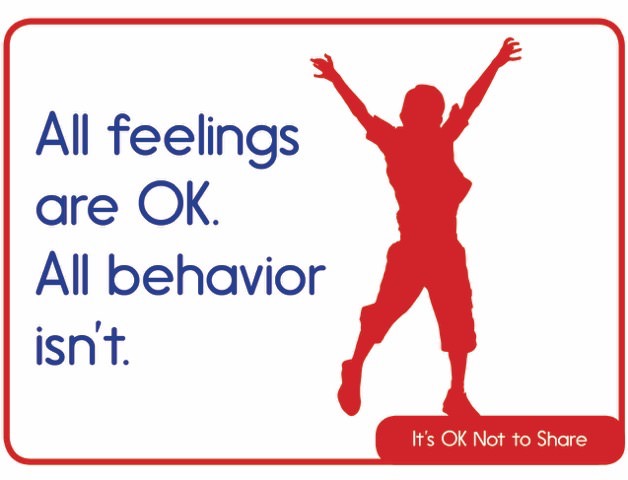
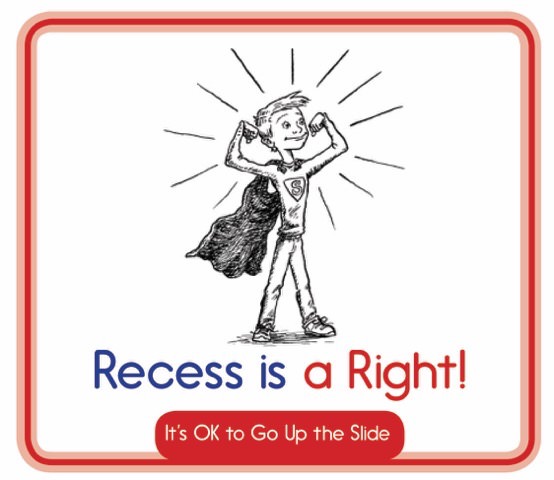
This is great! My grandmother was an elementary school teacher so I learned proper grammar from an early age. But we've been living overseas for the last five years in non-English speaking countries so it's easy to get lazy when you're only hearing broken English for so long. Also, our daughter is in an Indian preschool where the language is pretty much 19th-Century British Colonial English. We're headed to the United States for a year so I'm hoping all our English improves then.
I will have to watch the "likes". I'm so conscious of it in writing but sloppier when speaking.
Thanks for stopping by! Love your story of being surrounded by different types of English overseas. I'm sure your grandmother would be proud of your efforts to keep away from lazy speech. Best of luck on your return to the US. Should be interesting to find what differences you note (speech and otherwise) in your time away.
I hate "like" only less than "you know" as lazy language. I have no ideas how to get rid of it. I think it's a function of our fast pace lives. People don't have time to think before they speak, so they stall for time by saying like and you know as placeholders.
Perhaps the only way to banish lazy language is to encourage respect for words and the unique meaning each word brings to a sentence. But I don't see that happening with any of the younger generations.
I try not to say like and you know, but accept that I'm as guilty as most in misusing them, but always try to speak with some sort of eloquence.
"You know" is another ubiquitous one. When people say a filler word too much they don't even notice it. One way to get rid of those is to ask someone to say "beep" every time you accidentally say the word. Another good method is to join a Toastmasters speaking club - there you get lots of people helping you improve your speech.
Keep striving for eloquence!
I had a high school English teacher who banished 'got/get' from all our essays and that has stuck with me for 20 years now. She was also strict about our use of 'that'. If a sentence sounds fine without 'that' (go ahead, say it out loud!), she told us, then do not use it. These days, when I find myself overusing these words, I will amend my speech and repeat my sentence...hoping that my awareness of my lazy language at least sounds intelligent and makes up for my crazy sounding repetition 😉
I love your English teacher. "Got/get" are good ones to target - and "that" too! I find I skip reading the word "that" in books when I read aloud to my kids. It's clunky and unnecessary. Thanks for sharing your story - wonderful what an influence one careful, opinionated person can be.
One of my favorite and most helpful writing hints is to avoid using the word "very". If you need to use it, a writer-friend once advised, you've got the wrong adjective.